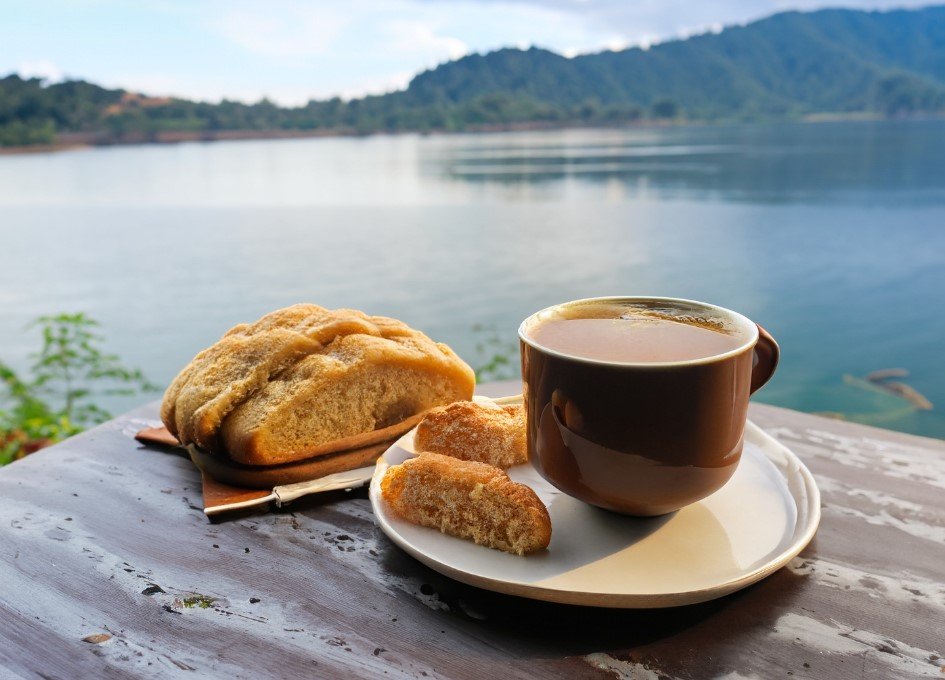Brewing Culture: The Story of Gayo Coffee
Coffee is more than just a beverage; it’s a cultural phenomenon that transcends borders and connects people from around the world. Each region that cultivates coffee beans brings its unique flavors, aromas, and traditions to the global coffee tapestry. In this 900-word exploration, we delve into the captivating story of Gayo Coffee, a jewel in Indonesia’s coffee crown.
Table of Contents
Origins of Gayo Coffee
To truly understand Gayo Coffee, we must begin with its origins. Gayo, also known as Aceh Gayo, is a highland region located in the Aceh province of northern Sumatra, Indonesia. It’s nestled among lush forests, mountainous terrain, and pristine rivers, creating an ideal environment for coffee cultivation.

Coffee has a long history in this region, dating back to the late 19th century when Dutch colonists introduced coffee plants to the area. Over time, Gayo Coffee became renowned for its exceptional quality, attracting attention not only in Indonesia but also on the international stage.
Unique Growing Conditions
What sets Gayo Coffee apart from other coffee varieties is the exceptional growing conditions in the Gayo Highlands. Situated at elevations ranging from 1,000 to 1,600 meters above sea level, the Gayo region enjoys a cool, tropical climate with ample rainfall. These conditions provide the perfect foundation for the cultivation of Arabica coffee, the most coveted coffee species globally.
The volcanic soil in the region adds to the coffee’s distinct flavor profile. The rich, mineral-laden earth contributes to the beans’ unique character, characterized by bright acidity and full-bodied richness. Farmers in Gayo take pride in their sustainable farming practices, often using organic methods, which further enhance the coffee’s quality and appeal to environmentally conscious consumers.
The Gayo Coffee Culture
Coffee is not just an agricultural product in Gayo; it’s an integral part of the local culture. Coffee plantations dot the landscape, and coffee production is a source of livelihood for many families in the region. Coffee farming has been passed down through generations, preserving the traditional techniques and knowledge required to produce top-quality beans.

In Gayo, coffee farming isn’t just about growing the beans; it’s also about fostering a sense of community. Coffee plantations often serve as meeting places where farmers gather to discuss their crops, share stories, and exchange ideas. The cultivation and processing of Gayo Coffee are a collective effort, reflecting the strong bond among the people of the region.
The Journey from Bean to Cup
The journey of Gayo Coffee from bean to cup is a meticulous process that involves various stages. It all begins with the cultivation of coffee trees, where farmers carefully tend to their crops, ensuring they receive the right amount of sunlight, water, and nutrients. Once the coffee cherries ripen, they are handpicked, a labor-intensive but crucial step to select only the ripest, highest-quality cherries.
After harvesting, Gayo Coffee undergoes a meticulous process of washing, drying, and sorting. This process is essential for removing the pulp and mucilage from the beans while preserving their natural flavors. The beans are then sun-dried on patios or raised beds, allowing them to develop their distinct taste.
Once dried, the coffee beans are carefully sorted to remove any defects or impurities. This attention to detail ensures that only the best beans make it to the final stages of processing. The sorted beans are then roasted to perfection, with experienced roasters bringing out the beans’ unique flavors and aromas.
Flavor Profile of Gayo Coffee
Gayo Coffee is celebrated for its exceptional flavor profile. When you take a sip of a well-brewed cup of Gayo Coffee, you’ll experience a symphony of flavors. The coffee is known for its bright acidity, which provides a pleasant tanginess that awakens the taste buds. This acidity is complemented by a full-bodied richness, creating a well-balanced and complex taste.
One of the standout characteristics of Gayo Coffee is its aromatic qualities. The beans often exhibit a fragrance that hints at floral notes, earthiness, and even a subtle spiciness. When ground and brewed, Gayo Coffee fills the room with an enticing aroma that adds to the overall coffee-drinking experience.
The Global Impact
While Gayo Coffee has deep roots in the Gayo Highlands, its impact extends far beyond the region. The coffee has gained recognition on the global stage and is sought after by coffee enthusiasts and connoisseurs worldwide. Its unique flavor profile, coupled with the sustainable and ethical farming practices of the region, has made Gayo Coffee a symbol of quality and responsibility in the coffee industry.
Moreover, the success of Gayo Coffee has had a positive economic impact on the Gayo Highlands, providing income and livelihoods to countless families. The cultivation of coffee has also encouraged the preservation of the region’s lush forests, as many coffee farms embrace eco-friendly farming methods.
Conclusion
In the world of coffee, Gayo Coffee stands as a testament to the remarkable interplay between geography, culture, and tradition. It’s more than just a beverage; it’s a symbol of the Gayo Highlands’ rich history, strong sense of community, and commitment to sustainable farming practices. Whether you’re a coffee aficionado or someone seeking to explore new flavors, Gayo Coffee offers a unique and captivating experience that’s worth savoring. So, the next time you enjoy a cup of Gayo Coffee, remember that you’re not just drinking a beverage; you’re immersing yourself in a rich cultural and culinary heritage that spans generations.











